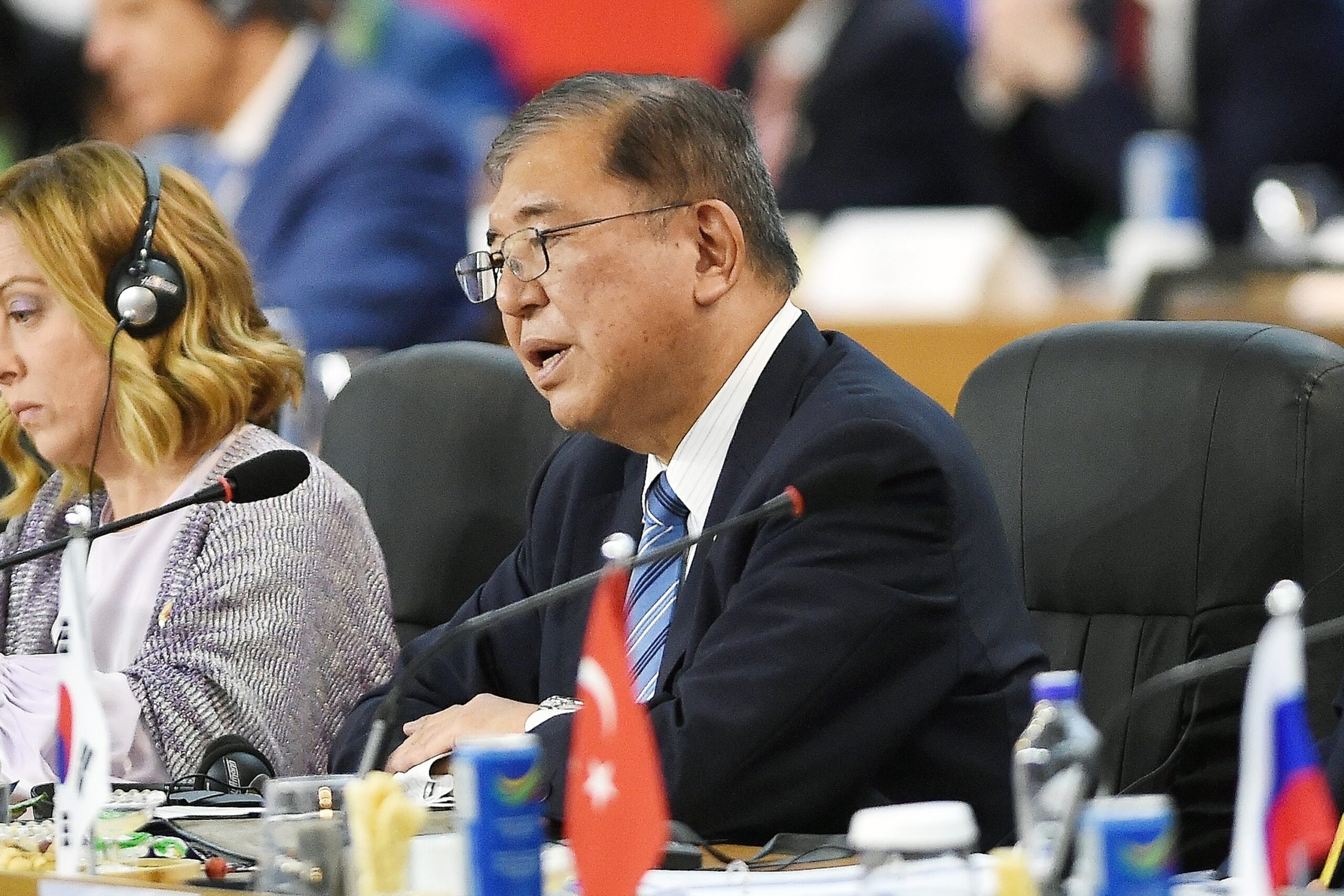Prime Minister Shigeru Ishiba’s grip on power weakened further after his Liberal Democratic Party (LDP) and coalition partner Komeito lost their majority in Japan’s upper house elections on July 20.
The vote marks a historic shift: For the first time since 1955, the LDP does not control either house of Japan’s parliament. While Ishiba has vowed to stay on, pressure is mounting within the LDP. Past premiers who suffered similar defeats resigned within months; multiple rivals are now positioning themselves for a leadership challenge.
The LDP’s diminished power has mixed implications. The Tokyo Stock Exchange remained closed for a public holiday following the election, but the yen strengthened slightly, suggesting markets had priced in the loss. Still, political uncertainty could complicate trade negotiations, tax reform, and monetary policy, especially as opposition parties push for aggressive spending that could limit the Bank of Japan’s room to maneuver.
US Treasury Secretary Scott Bessent, speaking on CNBC following a visit to Japan the day after the election, downplayed Japan’s volatile politics, stating that Washington remained focused on securing trade deals, which is what happened July 22, when the US agreed to lower 27.5% duties to 15%. But these could still sting Japanese autos and broader exports, which could destabilize bilateral ties if Ishiba’s weakened government fails.
The election has also exposed growing domestic tensions. Public frustration over inflation, especially surging rice prices, combined with wage stagnation, has eroded confidence in the LDP’s leadership. The farright party Sanseito surged from one seat to 14 in the House of Councillors, riding an anti-immigration platform that signals growing hostility toward foreign workers and residents.
Sanseito’s rise poses concerns for Japan’s 3.77 million foreign residents and the record-breaking number of tourists who have visited the country so far in 2025. While these groups’ economic contribution is vital—tourist spending alone has hit $32 billion this year—Sanseito’s rhetoric includes proposals to cap the number of foreign residents per municipality and restrict permanent residency.
With Ishiba’s leadership in question and populist forces gaining ground, Japan is entering a period of uncertainty, close observers say. For now, eyes remain on the LDP’s next move, and whether a new prime minister can be more effective at restoring economic and political confidence.




